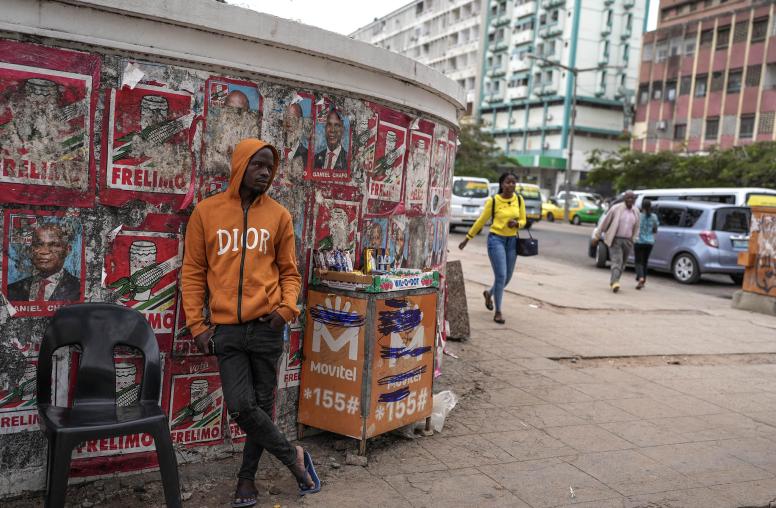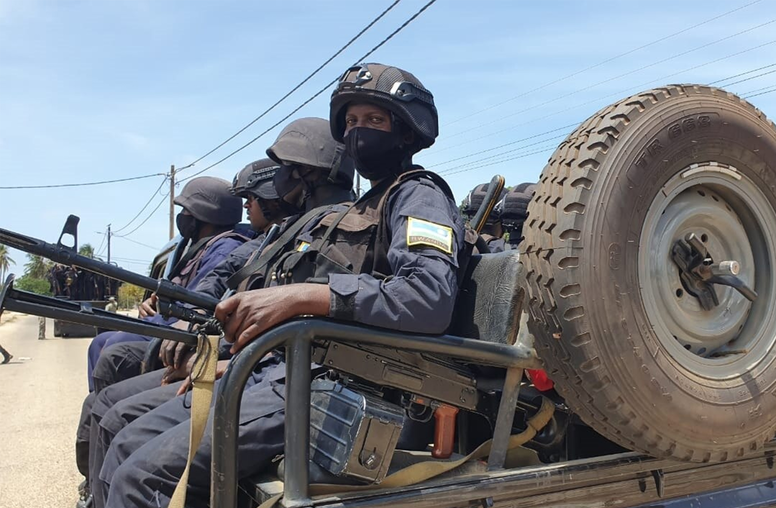Achieving Post-Settlement Peace in Mozambique: The Role of the International Community

Summary
The civil war in Mozambique has left hundreds of thousands dead and caused five million Mozambicans to flee their homes, about one third of whom found refuge in neighboring countries. This carnage and devastation was inflicted on a nation that was already desperately poor. Most observers doubted that a peace agreement could be reached with the unpredictable rebels. When the fifty page agreement was signed, most Mozambicans and international experts doubted that the ceasefire would hold.
This report summarizes a symposium of forty-five experts on Mozambique, held at the United States Institute of Peace, with the experts concluding that the international community needed to take measures to strengthen the peace process in Mozambique.



